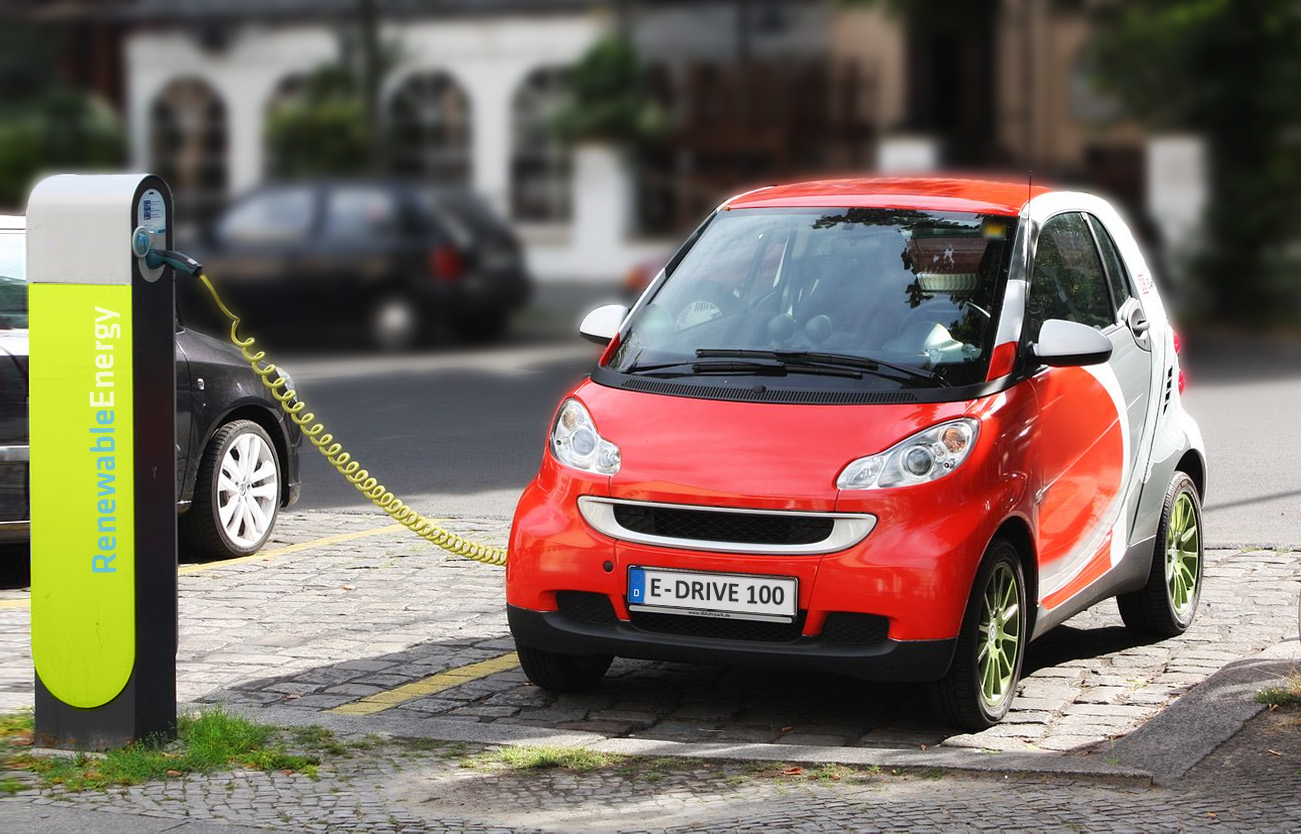 While most U.S. states offer various incentives to encourage consumers to purchase electric vehicles, EV adoption in one particular state has been well ahead of the others. It’s California, which has been at the forefront of EV adoption for years now, thanks in no small part to the financial incentives and other forms of support provided by the state, which include purchase rebates and carpool lane access. In addition to incentives, California is dedicated on building an infrastructure that will cater to EVs, investing millions of dollars in the construction and installation of charging stations, which are one of the most important prerequisites for a faster and more successful introduction of electric vehicles to the market.
While most U.S. states offer various incentives to encourage consumers to purchase electric vehicles, EV adoption in one particular state has been well ahead of the others. It’s California, which has been at the forefront of EV adoption for years now, thanks in no small part to the financial incentives and other forms of support provided by the state, which include purchase rebates and carpool lane access. In addition to incentives, California is dedicated on building an infrastructure that will cater to EVs, investing millions of dollars in the construction and installation of charging stations, which are one of the most important prerequisites for a faster and more successful introduction of electric vehicles to the market.
With this kind of commitment from state authorities to bring electric vehicles to the masses, it’s no surprise that California leads the nation in EV sales. The U.S. Energy Information Administration released a report on plug-in electric vehicles sales for 2014, according to which, almost 50 percent of all electric vehicles in the country are sold in California. The report says that sales of plug-in vehicles in 2014 so far account for 0.7% of all new vehicle sales, up from 0.6% in 2013, and California is far ahead of the rest in terms of adoption, with 5 EVs per 1,000 registered vehicles.
California’s incentives include rebates of up to $2,500 for all-electric vehicles, whereas plug-in hybrids are supported with rebates of up to $1,500. The Golden State is followed by Washington, with Georgia, Maryland, and the District of Columbia rounding out the top five spots. Based on the data in this report, it’s safe to say that financial incentives have a lot to do with electric vehicle sales growth. Washington, for instance, even though it doesn’t offer purchase rebates, provides a sales tax exemption for EVs, which is set at 6.5%. Georgia is another state that offers generous incentives, awarding EV buyers tax credits of 20% of the purchase cost, up to $5,000. This program applies to zero emission vehicles, which can be either electric or fuel cell vehicles.
Maryland, for its part, awards a tax credit of $125 for each kilowatt hour of battery capacity of an electric vehicle, up to $3,000, and the District of Columbia offers a tax credit of 50% of the purchase cost of an EV, up to $19,000, and on top of that, provides an excise tax exemption that can range between 6% and 8%.
According to the report, during the first 11 months of 2014, a total of 106,834 electric vehicles were sold in the United States, as compared to 97,507 in 2013, which means that the electric car market has seen a significant growth over the past 12 months.